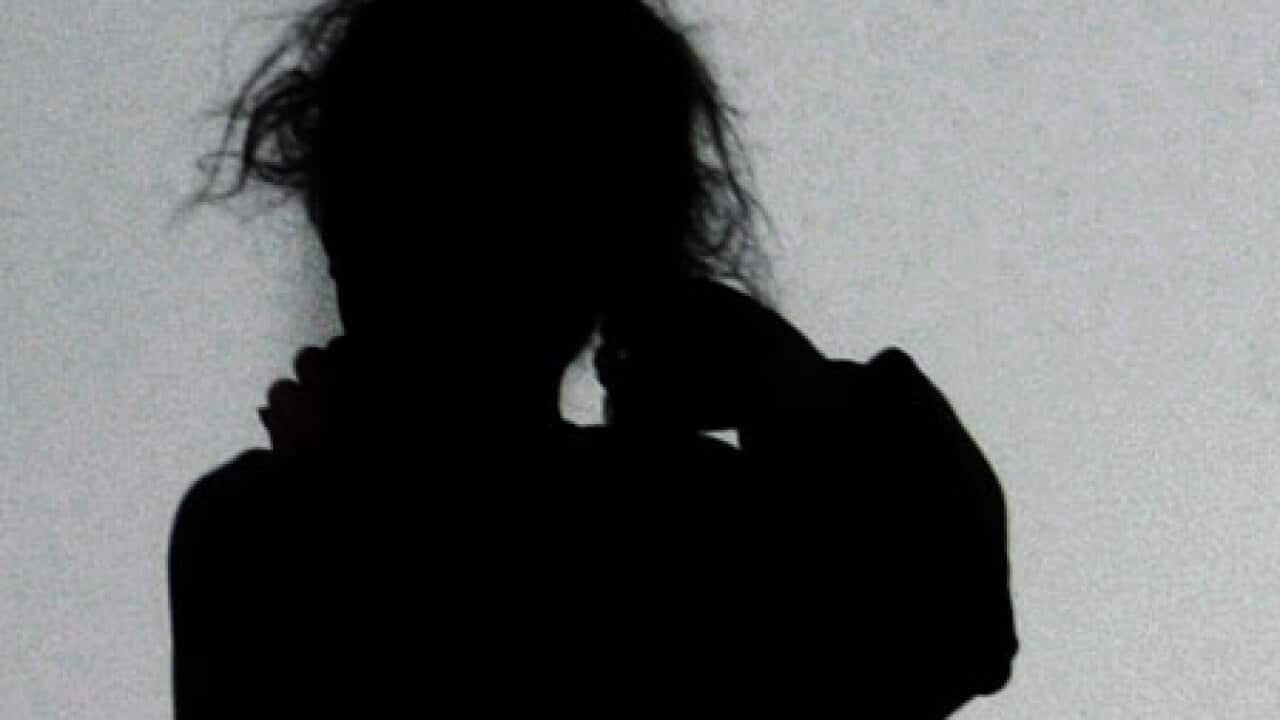As the federal government begins the long road to a Royal Commission into child sex-abuse, the spotlight will be on some of Australia's biggest institutions.
What is it about them, if anything, that has attracted child-sex offenders?
Some long-time researchers in the field see certain links.
"Some people go into institutions where there are children because they're paedophiles and it puts them in a position of power and a position of trust where they're more readily able to abuse children," says Dale Bagshaw, at one time a government-appointed member of the National Council for the Prevention of Child Abuse.
Dale Bagshaw is also an adjunct professor and retired head of the University of South Australia's School of Psychology, Social Work and Social Policy.
And she has dealt with child-sex-abuse victims as far back as the early 1960s as a social worker in a children's hospital.
But while some paedophiles may go into the institutions in search of child victims, she says, there is also the other side of the story -- some people just find the opportunity is there.
"It may be that people are isolated and in a position of trust and don't set out initially to do that, but abuse their position, abuse their power. But, really, child abuse of any kind, or abuse of any kind, is essentially an abuse of power, and people in institutions have power over the people who are dependent upon them."
"Power" is the word long-time researchers of child sex-abuse keep coming back to, even when others look at abuse within the Catholic Church and point to the forced celibacy of priests.
University of South Australia emeritus professor Freda Briggs just published a major book on child protection and devoted three chapters to child-sex abuse.
She started out as a child-protection officer with London's Metropolitan Police, and she, too, has now worked in the area of child abuse and child protection for half a century.
Professor Briggs says celibacy is just one piece in a bigger picture of what institutions like churches, schools and other respected associations can provide offenders.
"Paedophiles are attracted to positions where there are children, and celibacy is no impediment to them because they're not likely to fall in love with women and get married. And, of course, also, paedophiles like to be in a position where they have power and authority, and being a priest enables you to do that."
Professor Briggs says Christian churches hold some special advantages for paedophiles, especially because of their focus on forgiveness.
And she is not just referring to the Catholic confessional and the controversy over whether admissions there should be forwarded to police.
"The Church is, psychologically, a good place for paedophiles because church congregations tend to think the best of people, are not suspicious, and even convicted child-sex offenders have been allowed back into the Church and even allowed back into where they are in programs for children and in choirs."
Freda Briggs points to other areas besides churches, though, that she considers ripe for child sex abuse.
Among others, she talks of schools, even exchange programs between schools, but she talks especially of boys schools.
"Wherever there are children, you get paedophiles. And boys' boarding schools, boys' private schools, are the most vulnerable. Boys are more vulnerable than girls, even though this isn't widely recognised, because boys are more sexually curious at an earlier age, boys will lap up the attention that they get -- because dads aren't usually very affectionate with boys, paedophiles are. And they give them treats, they flatter them ... So, boys are extremely vulnerable. And, of course, they target boys who are attractive and who are from separated families, with single mums and that sort of thing."
Dale Bagshaw, looking back to her earliest days in social work, says adults have never been ready to hear children who did speak up, especially about respected institutions.
She says she hopes the Royal Commission brings the issue deeply enough into the public consciousness to change that.
And she says that is crucial not just to today's victims and today's children.
"We all have to be alert to the problem, as it's much, much, much ... much more common that most people believe. The effect that it has on children is long-lasting. Even if they have therapy, but particularly if they don't have therapy, it's long-lasting. And the other thing is that, you know, a lot of the paedophiles have been, themselves, abused as children and haven't been offered the appropriate help. So, to nip it in the bud, we really need to start taking a much more serious look at how we might help these children."
Back in the 1990s, Franca Arena was a state MP in New South Wales controversially pushing for a Royal Commission into child sex abuse.
When she thinks back, she thinks of a particular young man who spoke up and suffered for it.
"Very often, even the families didn't believe. I remember always a young man who told me he came from a very strong Catholic family, and these people told him he was abused by the parish priest, who would go home for dinner at his parents' home, and, when he found the courage to tell his parents that the priest had abused him, the parents actually hit him and said, 'You are a liar. Don't talk like that about a man of God.'"

